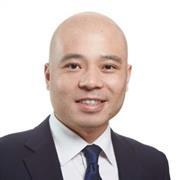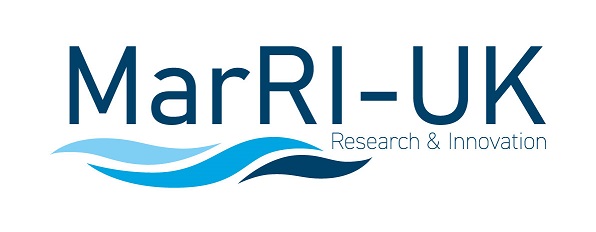24th February 2025, Online webinar, 1400-1500
MarRI-UK are excited to present our next webinar, showcasing the work of one of our Core Research Projects, Clean Maritime.
To register click here.
Background
The maritime industry is under increasing pressure to reduce its carbon footprint and achieve net-zero emissions. Alternative fuels such as hydrogen, ammonia, biofuels, and methanol present potential pathways to decarbonise the maritime industry, yet they come with technical, operational, financial, and regulatory challenges. Uncertainty surrounding fuel choices, environmental and social impacts further complicate decision-making for shipowners and industry stakeholders.
This webinar aims to present the latest findings of mapping emissions and fuel pathways by using data-driven approaches for the UK shipping decarbonisation. The findings are the results of Phase One of the research project funded by MarRI-UK, aimed at supporting shipowners and decision-makers in selecting the most suitable alternative fuel across various disciplines for different vessel types.
Presenters

Prof Alan J Murphy, University of Southampton
Alan is a prominent academic, specialising in Maritime Engineering, focusing on sustainable and emission-free ships, ports and other maritime systems. This includes: Net zero maritime propulsion and energy systems; Ship emission reduction; Energy saving technologies in maritime systems; Real-world monitoring & data exploitation to improve the design and operation of ships & shipping, including ports; Autonomous systems in the maritime environment and; Indices, policy & regulation. Alan collaborates with industry and government bodies to shape policies promoting sustainable energy solutions in the maritime sector.
Dr Peng Wu, University College London
Peng Wu is a Lecturer in Propulsion Systems Design and Integration at University College London (UCL). Before joining UCL, he worked in the marine industry, with top marine consulting and engineering organisations. His expertise covers conventional and alternative propulsion systems, ship performance modelling, marine electrical systems, digitalisation, data analytics, and machine learning algorithms for marine applications. Peng received his PhD in Marine Engineering from UCL in 2020, focusing on reducing emissions in coastal shipping through fuel cells and batteries, and intelligent control using deep reinforcement learning for hybrid fuel cell and battery propulsion systems. From 2020 to 2021, he was a Research Fellow at UCL, developing smart anomaly detection systems using deep learning for autonomous marine vessels.


Dr Seyedvahid Vakili, University of Southampton
Dr. S. Vahid Vakili is a Research Fellow in Sustainability, Energy, and Zero-Emission Maritime Industry at the Department of Civil, Maritime, and Environmental Engineering, University of Southampton. As a leading member of the maritime decarbonization group at the Southampton Marine and Maritime Institute (SMMI), he drives advancements in sustainable shipping, ports, and shipyards, contributing to the broader goal of maritime decarbonization.
With a background as both a researcher and maritime professional, Capt. Dr. Vakili adopts a holistic, systematic, and interdisciplinary approach to reducing air emissions in the maritime sector. His research explores alternative fuels, Carbon Capture Utilization and Storage (CCUS), renewable energy integration, maritime automation, digitalization, and energy efficiency technologies across the full life cycle of ships—from design and construction to operation and decommissioning. He also examines the environmental and socio-economic impacts of maritime activities on port cities and shipyard communities.
Beyond decarbonization, he is dedicated to mitigating underwater radiated noise from commercial vessels, aligning with the International Maritime Organization’s greenhouse gas strategy and energy efficiency measures to address its environmental impact on marine ecosystems. His work aims to drive transformative change in the industry, bridging technological advancements with environmental sustainability to align global maritime operations with decarbonization goals.

